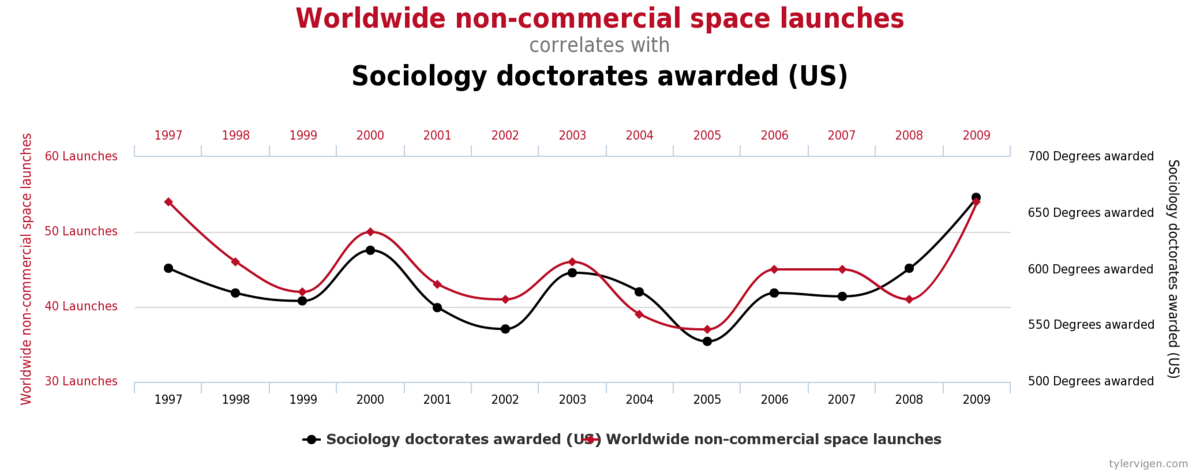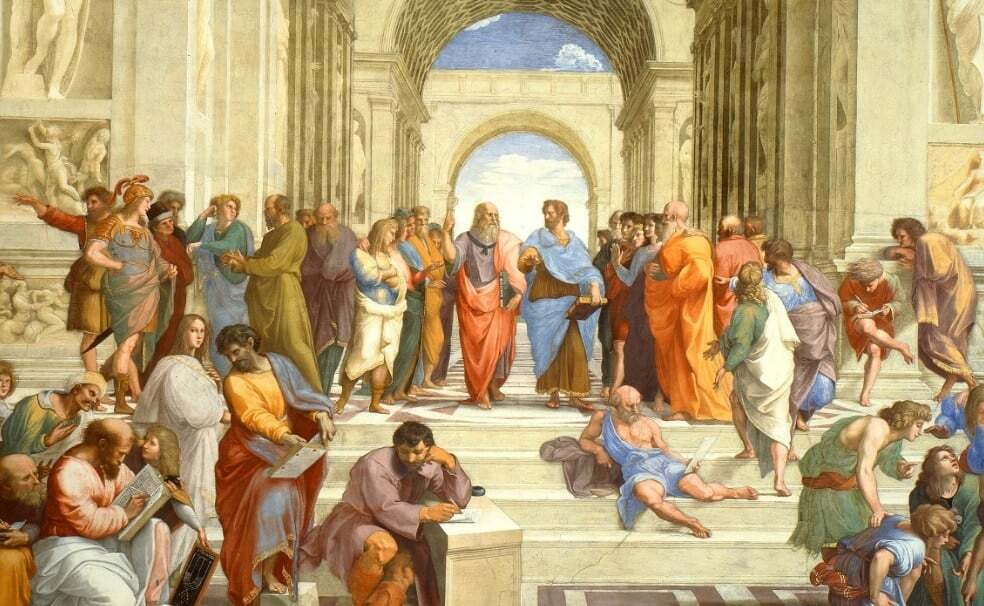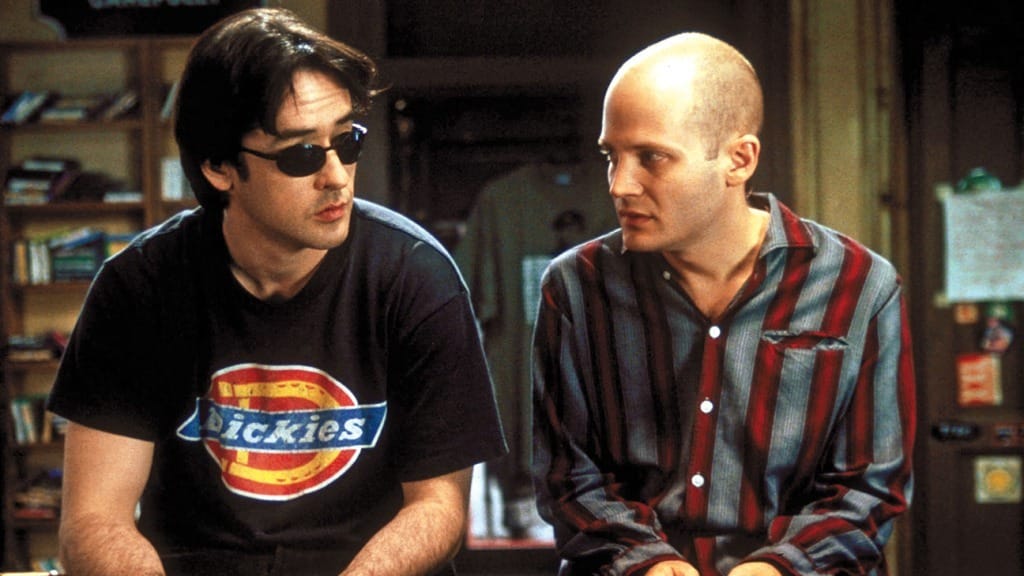Question 1
Fuentes: As you know, Dr. Shine, a physicist, has all but proven his theory that black holes’ wavelengths are correlated with the number of people living in Copenhagen, Denmark. Dr. Shine now asserts his theory is irrefutably correct.
Angelo: Then Dr. Shine is a bad member of the physics community. Their evidence does not conclusively prove their theory. Good members of the physics community always accept that new evidence and experiments may show their theories are incorrect.
Angelo reaches a conclusion about Dr. Shine by:
attacking Dr. Shine’s personal character
applying a broad principle
using an unclear term
undermining the factual basis of Fuentes’ argument
rejecting a theoretical explanation

ANSWER: 2
Explanation
While Angelo does make an ad hominem statement (“Then Dr. Shine is a bad member of the physics community”), this is the conclusion itself, not the method by which Angelo reached their conclusion. Also, this is not actually ad hominem, as Angelo provides a specialized definition of “bad member” of the physics community (“good members of the physics community always accept that new evidence and experiments may show their theories are incorrect”)
This is the correct answer. Here, we see Angelo invoke a broad principle, that “good members of the physics community always accept that new evidence and experiments may show their theories are incorrect” to conclude that Dr. Shine is a bad member of the physics community. In other words, Angelo offers their own definition of “a bad member of the physics community” and applies that to Dr. Shine’s statements.
This answer is off-base. As noted above, Angelo specifically defines what constitutes a “bad member”, as a result, that term is not ambiguous.
Angelo does not directly attack the basis of Dr. Shine’s theory (wavelength correlation”), but Dr. Shine’s assertion that their “theory is irrefutably correct”.
This answer fails for the same reason as D. Angelo does not concern themselves with Dr. Shine’s theory, just their conclusion.
Question 2
Proposals for extending the United States school day to make it less in line with other countries’ systems are often met with withering criticism that “this makes no sense” and that the length of the school day is a tradition dating from Plato’s school in the 3rd century BC. This objection is off-base. True, the length of the school day has been long established, but only because the school day is based on the wakefulness patterns of rural communities. If you want to justify any policy by its traditional status, it would be a policy that local sleeping patterns should determine the length of the school day.
The argument counters the objection by
Questioning the relevance of information about historical practices to the current disputes about proposed change
Advocating an alternative viewpoint on the basis for the traditional length of the school day
Offering evidence to argue that the objection is based on a misunderstanding about the actual length of the traditional school day
Proving that regardless of tradition, the length of the school day in the United States should be extended
Demonstrating that those in opposition to an extension of the school day have no actual concern for tradition.

Answer: 2
Explanation
The author here does not attack the relevance of the tradition; rather, the author proposes an alternative explanation for the tradition.
This perfectly describes the author’s mode of argument: the author denies the standard explanation for the tradition (“the length of the school day is a tradition dating from Plato’s school in the 3rd century BC”) and offers an alternative (“the school day is based on the wakefulness patterns of rural communities”).
This is a subtle one: the author never actually disputes “the actual length of the school day”. Rather, the author disputes the basis for that traditional length.
Again, we need to focus on the author’s intent here: they think the basis for the traditional length is misunderstood, and that a proper understanding supports their basis for extending school hours. Thus, the author does not “prove that regardless of tradition” the hours should be extended.
The author does not attack the motivations of the opposition.
Question 3
Bill: We do not need to get guitar lessons. We would only need guitar lessons if we were, in fact, bad at guitar.
Ted: We are bad at guitar and, therefore, need guitar lessons.
In the conversation between Bill and Ted, Ted’s comment is meant to
Reject one of Bill’s implicit premises and, as a result, reaches a different conclusion
Admit the truth of Bill’s premise, without supporting Bill’s conclusion
Supply a counterexample to Bill’s generalization
Indicate that Bill’s reasoning is invalid by accepting as true Bill’s premises, while still rejecting Bill’s ultimate conclusion
Denies Bill’s conclusion without offering reasons to reject Bill’s implicit premises

Answer: 1
Explanation
This is correct. Bill makes an implicit premise that they are good at guitar and, therefore, do not need lessons. Ted responds that “we are bad at guitar” and, therefore, they do need lessons.
Ted does not withhold judgment on Bill’s conclusion. He denies it.
Ted does not cite a specific instance of them being bad at guitar, just a broad statement that they are.
As stated in A, Ted denies Bill’s implicit premise that they are good at guitar.
Ted denies both Bill’s premise that they are good at guitar and Bill’s conclusion that “we do not need to get guitar lessons”, not just the conclusion.
Question 4
The stable functioning of the independent record store industry is built upon the long term stability of the musical desires of its patrons. This is clear because unless the snobbiness of their patrons remains stable, it will be impossible for record stores to carry the vinyl desired by their patrons, and it should be obvious that the independent record store industry is stable only if their vinyl tends to satiate the musical desires of its patrons.
The assertion that the independent record store industry is stable only if their vinyl tends to satiate the musical desires of its patrons plays what role in this argument?
It lends support to the conclusion of the argument
It is an outcome required by the argument
It is the conclusion
It illustrates a broad principle assumed by the argument
It is a claim that must be rejected in order to establish the conclusion of the argument

ANSWER: 1
Explanation
Draw arrows between factual premises, argumentative premises, intermediate conclusions and the final conclusion. Sentence order is meant to confuse you. Focus on connection phrases. This is a necessary/sufficient question..The initial argumentative premise is that “unless the snobbiness of their patrons remains stable, it will be impossible for record stores to carry the vinyl desired by their patrons”. IF Satiate/Carry → Stable Desire (contrapositive of -Stable Desire → -Carry).The second premise of the author is our sentence (“it should be obvious that the independent record store industry is stable only if their vinyl tends to satiate the musical desires of its patrons”). If Stable Industry → Satiate/Carry. Note the shift in our reference population from record stores to the record store industry. The final conclusion of the author is that “[t]he stable functioning of the independent record store industry is built upon the long term stability of the musical desires of its patrons”. If Stable Industry → Stable Desire.Now rearrange them into the most logical order.If Stable Industry → Satiate/CarryIf Satiate/Carry → Stable DesireIf Stable Industry → Stable Desire
This is correct. Our subject phrase is one of the premises of the final conclusion and, therefore, lends support to the conclusion.
Our subject phrase is an input, not an output..
Our subject phrase is not the conclusion; it supports the conclusion
The subject phrase is an explicit input, not a specific example of a broader principle.
This claim must be accepted in order to reach the conclusion, not rejected.
Question 5
Economist: When influencers invest money and time expanding to other media platforms, their market share on their home platform decreases. But if influencers don’t expand to other platforms, they’ll never expand their follower counts.
That One Guy: But if all influencers expand to other platforms, no particular influencer will be hurt.
In which one of the following exchanges is the logical relationship between the Economist and That One Guy's statements most similar to the logical relationship between their statements above?
Economist: If the wormhole is opened, it might consume the eastern part of town, but if the wormhole is not opened, the reavers might invade.That One Guy: There's no real danger of the reavers invading, but if we encounter more reaver scouting parties, opening the wormhole is the most prudent policy.
Economist: If the price of Amazon Prime were raised, many social problems could be solved, but if it is lowered, the economy will grow again. So we can't have both social reform and a growing economy.That One Guy: But if the price of Amazon Prime remains at its current level, neither social problems nor the economy will get worse.
Economist: Either there won't be a thunderstorm today and our plans to reanimate Frankenstein will be delayed, or there will be a thunderstorm today and we won’t be able to go to the farmer’s market. That One Guy: But if it doesn't thunderstorm, we can use our static shock machine to wake Frankenstein up for dinner.
Economist: If we remodel the bathroom, we can improve its feng shui, but even if we do, there's no guarantee that we'll actually improve the feng shui of the house..That One Guy: But if we don't remodel the bathroom, the house’s feng shui might suffer.
Economist: Each cat can have a pampered life, or a predator life, for a cat must be an indoor cat to be pampered. That One Guy: That's not true. There are many pampered cats that sneak outdoors and moonlight as predators.

Answer: 3
Explanation
Focus on the relationship between the sentences. The economist poses an either/or problem: no matter which option is chosen, there is a downside. TOG offers a mitigation of that either/or: a solution in which one option is chosen while partially mitigating the other issue.
While the Economist’s logical structure is identical, TOG’s response deviates. Here, TOG denies a fundamental part of the Economist’s reasoning (“there’s no real danger of the reavers invading”, and reaches a wholly separate conclusion (“ opening the wormhole is the most prudent policy”). The prompt is not about prudence; it is about (option A → problem A, option B → Problem B ||| TOG: Option B + new factual premise = better outcome).
TOG’s response deviates again. Here, TOG is asserting that doing nothing leads to no harm. As I noted above, the original TOG asserts that Option B + a specific factual scenario creates a better outcome.
This is the correct answer. The Economist poses a clear either/or issue, and TOG asserts that if Option A is chosen, they can mitigate the harm of not choosing option B.Note: Note that TOG chooses option A here, not option B. That is immaterial to whether the logical structure is identical. Also, LSAC does this too.
Both deviate. The economist does not pose an either/or dilemma, but a conditional problem (even if…). TOG responds by pointing out a potential downside of that single course of action.
This is sufficient/necessary logic and, therefore, wrong (because the prompt is not sufficient/necessary).